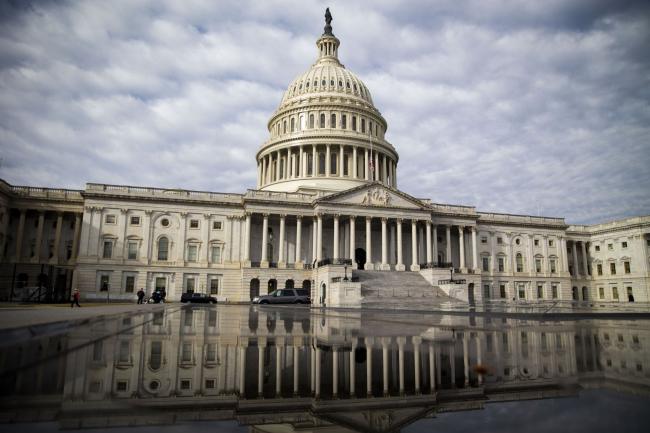(Bloomberg) -- A U.S. bill that aims to delist foreign companies from the country’s stock exchanges is likely to become law, analysts and experts said on Thursday, noting that it would mark the latest escalation of the U.S.-China tensions in Washington.
The legislation, which requires companies to certify that they are not under the control of a foreign government, was approved by the Senate by unanimous consent on Wednesday.
“No vote is yet scheduled in the House, but we believe there will be a significant push for the legislation to be taken up in the coming weeks, and we believe it is only a matter of time before this bill (or something similar) is signed into law,” Raymond James policy analyst Ed Mills wrote in a note to clients.
Even if the bill is eventually approved, actual delisting requirements may kick in several years from now, experts said. But any move could still prompt retaliation from China, especially given the current fraught relationship between the two countries in the midst of drawn out trade negotiations and the Covid-19 outbreak.
“The optics of even holding this vote are likely to trigger backlash from China and further rhetoric around releasing the Unreliable Entity List, restricting rare earth minerals, boycotts and the like,” Veda Partners’ director of economic policy Henrietta Treyz said.
The bill comes at a critical time, analysts noted, when both Republicans and Democrats want to appear tough on China, earning the legislation strong bipartisan support.
Some of the most important Chinese companies that might come under the bill include Alibaba (NYSE:BABA) Group Holding Ltd., PetroChina Co. Ltd., Baidu Inc (NASDAQ:BIDU). and JD (NASDAQ:JD).com Inc. According to Mills at Raymond James, affected companies may list on non-U.S. stock exchanges, which would limit the bill’s reach.
Cowen analyst Jaret Seiberg pointed out that although Democrats want to be seen as tough on China, they may not want to let President Donald Trump change the subject from the pandemic by celebrating the enactment of this bill.
“For now, we believe the desire to keep Trump from celebrating is the priority but this is a close call,” the analyst said.
©2020 Bloomberg L.P.

